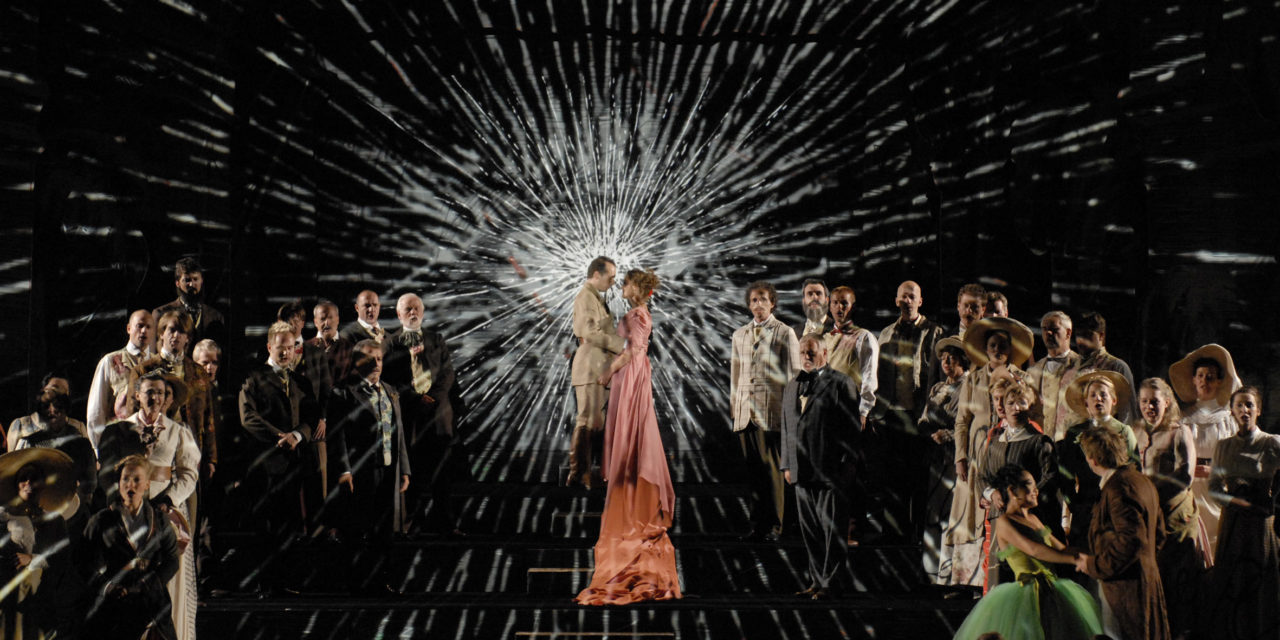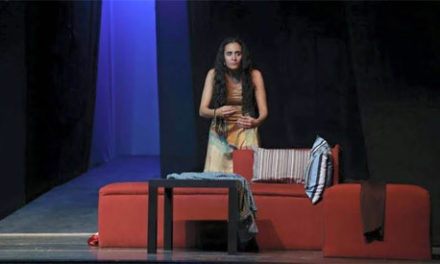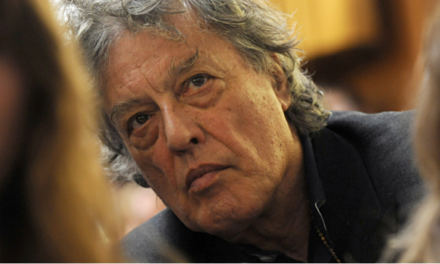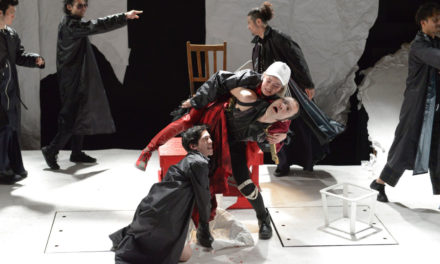At the start of each year, the New National Theatre Tokyo holds a media event at which the artistic directors of its three departments covering opera, drama, and dance (ballet and contemporary) outline their aims and announce the upcoming programs. This time there was an unusual buzz in the air on January 11, because two of the three directors will be new to their positions when the NNTT’s 2018/19 season starts in autumn.
First off, the spotlight fell on the incoming head of opera, the renowned conductor and former musical director of several top European orchestras, Kazushi Ono. Despite being the Tokyo Metropolitan Symphony Orchestra’s current musical director, Ono, 57, still appears to have the world in his sights, saying, “I would like to increase the NNTT’s repertoire and create original new operas to launch into overseas markets.”
Stating his intention to enlist rising young directors and singers from Japan and abroad, as well as foreign luminaries, Ono confirmed that the famed South African multimedia artist William Kentridge will direct his first program, Mozart’s masterpiece The Magic Flute. If all goes well—and the government bureaucrats who run the NNTT are amenable—Ono appears set on turning round the erstwhile safety-first approach of hiring expensive foreign singers to carry productions and sell tickets.
Next up was Noriko Ohara, 74, a Scottish Ballet principal dancer until 1996, who returned as ballet mistress of the NNTT-based National Ballet of Japan en route to the director’s position she’s held since 2014. As she made clear, her focus remains on improving the 70-plus dancers’ quality as she strives to transform the NBJ into a company sought after the world over.
Finally, it was the turn of 39-year-old Eriko Ogawa, who as head of drama will be the NNTT’s youngest-ever artistic director. After studying theater direction at the prestigious Actors Studio in New York, Ogawa returned home and soon stood out, especially for her meticulous handling of foreign plays—including some she translated from English, and several staged at the NNTT.
However, she too declared herself keen to build relationships and exchange programs with top theaters overseas, while also citing her aims to promote more domestic tours and develop a long-term program to foster young artists. In addition, she pointed optimistically to the use of full-cast, open auditions such as that held for the first time for Anton Chekhov’s The Seagull that she will oversee later this year.
In short, since it opened in 1997 the NNTT has struggled to build a reputation in Japan, let alone beyond. Now, though, as it seems set on representing Japan’s performing arts both at home and abroad, let’s hope that the January media event will come to be seen as a key watershed in its fortunes.
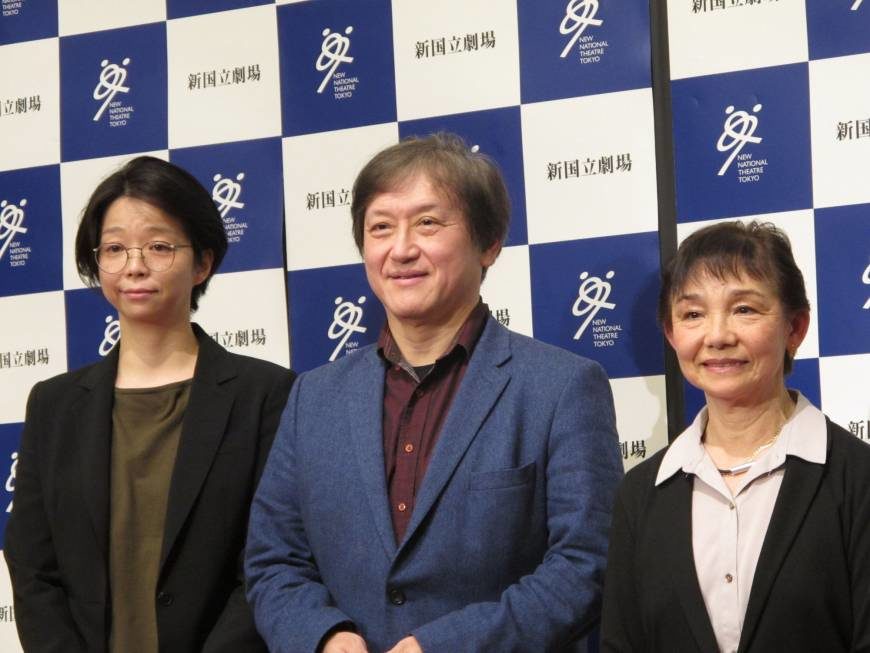
Fresh faces: New National Theatre Tokyo artistic directors (from left) Eriko Ogawa, Kazushi Ono and Noriko Ohara speak at a media event in Tokyo in January. | NOBUKO TANAKA
This article originally appeared in Japan Times on February 1, 2018, and has been reposted with permission.
This post was written by the author in their personal capacity.The opinions expressed in this article are the author’s own and do not reflect the view of The Theatre Times, their staff or collaborators.
This post was written by Nobuko Tanaka.
The views expressed here belong to the author and do not necessarily reflect our views and opinions.

